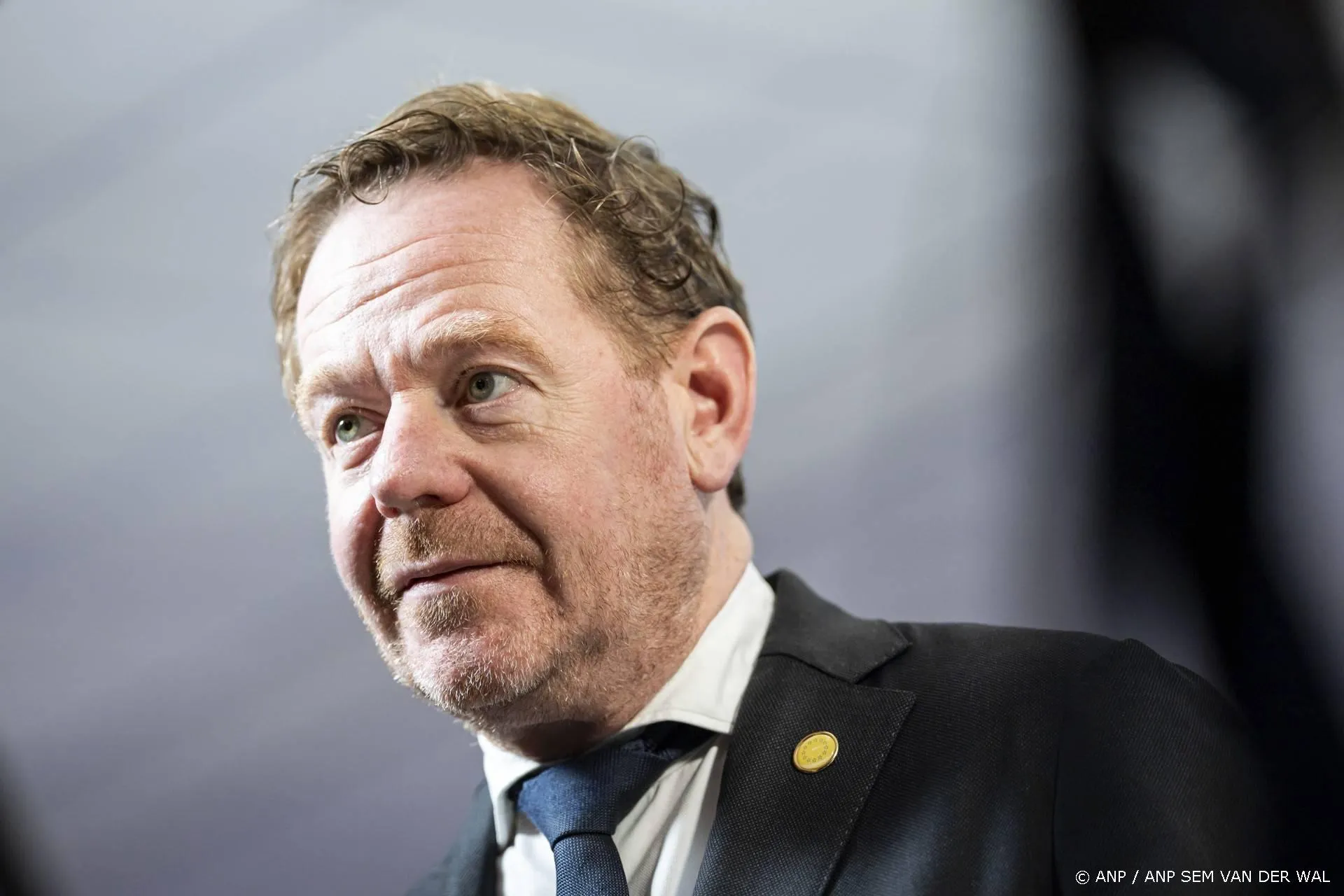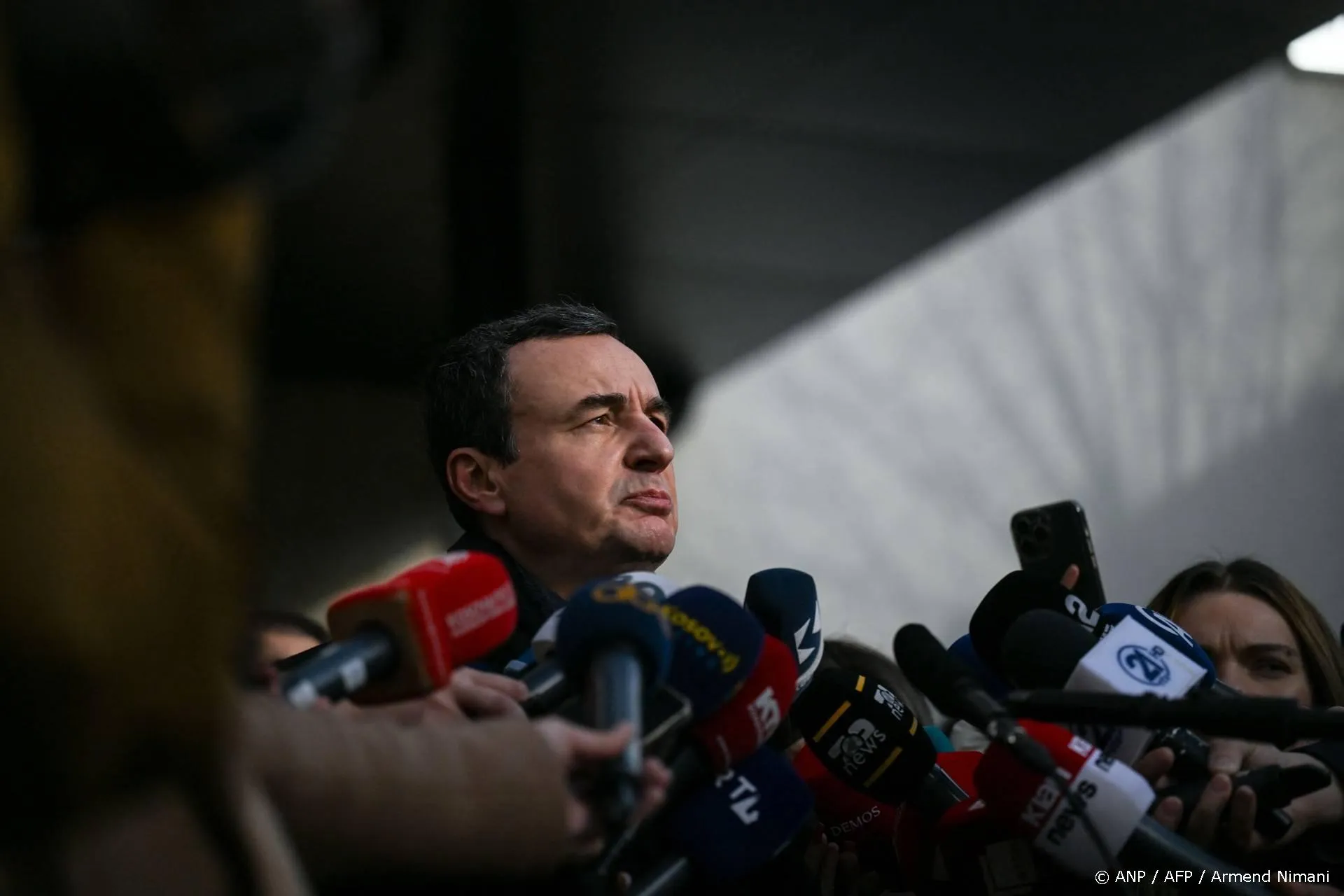De gouden eeuw van gas?
In de 'European Energy Review' schrijft Karel Beckman dat het IEA verwacht dat gas deze eeuw een aanzienlijk grotere rol zal spelen dan tot op heden het geval is. Zelfs zodanig dat wordt gesuggereerd dat we een 'golden age of gas' tegemoet zouden kunnen gaan.
Karel Beckman:
Chinas ambitious new gas development policy, troubles in the nuclear sector, the need to reduce carbon emissions and the discovery of vast new unconventional gas resources are all combining to lead us into a golden age of natural gas, says the International Energy Agency (IEA). But, the IEA adds, a global dash for gas will not change the industrial worlds dependency on oil imports and it will not reduce the need to take drastic climate measures. There is no doubt that energy is going to be more expensive, says IEA division head László Varró.
No doubt some nice bottles of wine were uncorked in a number of gas companies board rooms last June when the IEA released its special report on the future of gas. The title of the report Are We Entering a Golden Age for Gas? was cast in the form of a question, but it seemed very much a rhetorical one. The answer provided by the IEA was a resounding Yes!
The Golden Age of Gas report is essentially an update of the IEAs base case scenario (or New Policies Scenario) from its annual World Energy Outlook (WEO) report. The WEO is the IEAs flagship publication, which each year sets out in great detail where the worlds energy markets are headed for in the next decades, under certainly policy assumptions. The Paris-based energy think tank of the OECD felt it necessary this year to come up with an intermediate excerpt from the WEO focusing specifically on natural gas. In this new report, the IEA concludes that the outlook for natural gas is even more positive than before.
There are several reasons why the IEA was prompted to proclaim the coming of a Golden Age for gas: first of all, the implementation by China of an ambitious new policy for gas use (in the new Five-Year Plan adopted in March 2011 by the National Peoples Congress); secondly, a lower expected growth of nuclear power (in the wake of Fukushima), leading to a higher demand for gas; and thirdly, the increasing use of natural gas in road transport. These trends come on top of two major developments that are highly favourable to natural gas and that were already identified in the World Energy Outlook: the need to reduce carbon emissions and the discovery of vast new unconventional gas resources. .
All this sounds very upbeat of course, yet the report also contains some not so good news for gas advocates. First of all, oil will still be the worlds most important energy source in 2035, so the dash for gas is not going to take us into a radical new Energy Age, free of OPEC and Middle East concerns. Perhaps even more importantly and surprisingly in the Golden Age of Gas (GAS)-scenario global CO2 emissions will only be slightly lower than in the IEAs New Policies Scenario. The Gas Age will, in fact, do little to diminish global warming, warns the IEA. This is because the increased use of natural gas will not only displace a lot of coal in power generation (thus lowering emissions), but also nuclear power (thus pushing up emissions). In addition, there is a risk that with cheap, abundant gas available, governments resolve to support renewable energy will waiver, which would be even worse news for the climate. Hence, natural gas advocates can hardly claim that a Golden Age of Gas will be a Golden Age of Climate as well.
Lees verder hier.
Het is irritant dat het IEA toch een serieuze organisatie meedoet aan de opwarmingshype. Maar voor het overige bevatten de rapporten van deze organisatie toch waardevolle informatie en inzichten.
Ga verder met lezen
Dit vind je misschien ook leuk
Laat mensen jouw mening weten
Lees ook
Loading


